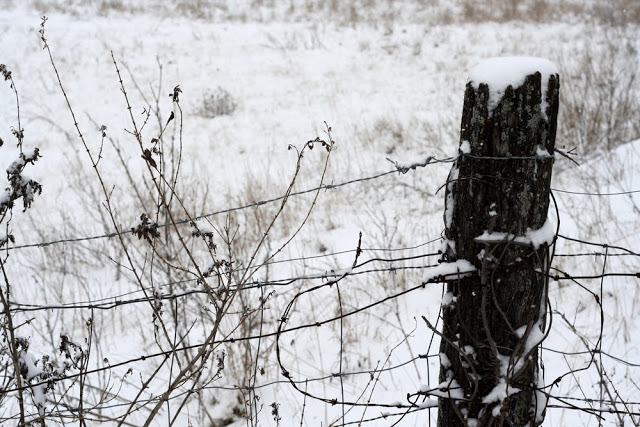| Online: | |
| Visits: | |
| Stories: |

| Story Views | |
| Now: | |
| Last Hour: | |
| Last 24 Hours: | |
| Total: | |
home education series: the high moral ground
Humans are rather fond of moralizing lifestyle choices. We proclaim we do things because it is The Right Thing To Do. We have one car because we want to minimize our environmental footprint, say. Or we cook from scratch because it is healthier. We volunteer at soup kitchens because Jesus told us to. We save money because it’s smart and responsible. We homeschool our children because learning happens best at home. Or maybe we send our kids to school because it’s our social responsibility to mingle with the masses.
Our reasons for doing what we do are usually pretty good. Sometimes our reasons are even noble. But I don’t think the reasons we give are the primary reason. I think we do what we do because of something much more basic: it’s what we want.
Think about it: there are a plethora of good lifestyle choices out there. It’s impossible to do them all. So we pick and choose how we live our lives based on our interests, gifts, challenges, experiences, and opportunities and then we slap on the moral rationale to make ourselves feel good.
Problem is, our rationales are riddled with inconsistencies. We grow our own food to save on the environment but then invest in jugs of the best oils shipped from the Mediterranean. Or we tithe the requisite ten percent and ladle soup into bowls once a month but then buy a fancy new car for the same amount that it would cost to outfit a mini metropolis with running water. Or we encourage our children to be themselves but then lash judgement on other people when their perspectives don’t match ours.
No matter how much we’d like to think otherwise, not a one of us has the moral high ground.
Last week I had a meeting with the Sunday school committee. We huddled around a table in a chilly room at church, talking about how we might go about wrapping up the last Sunday in our series on education (which isn’t till the end of the month). Should we bring in more speakers? Introduce another perspective?
“What if we’d just have a response time?” I suggested through chattering teeth. “We could give people a chance to share what they’ve heard over the whole series. You know, what’s challenged them, what hasn’t made sense, what they appreciated…”
I trailed off, uncertain. Open-ended sharing wasn’t exactly the style of this particular class.
Personal sharing was a good idea, the group agreed, but, they wondered, what was the point of undergoing the education series? How did the ideas about education that were raised in the Sunday school class “inform our interactions with the world?”
Which left me scratching my head because whatever happened to storytelling for the sake of simply understanding each other? Must all our experiences and ideas be proven and proclaimed? If someone finds something that works for her, does that mean that everybody else’s methods are failing? Can’t there be more than one right way to do education?
Were we trying to build some sort of staircase to the moral high ground through a carefully crafted summary?
“If the you of five years ago doesn’t consider the you of today a heretic, then you are not growing spiritually,” said Thomas Merton.
The me of five years ago would be surprised by some of the things I think now about education. I’m so glad that my husband and I sent our children to school last year. At the same time, I’m more adamantly pro-homeschooling than ever before.
I have no idea what new experiences and ideas are coming at me down the pike. I may be in for some real yanking around. This is a little scary, for sure, but mostly it’s exciting. I’m more at peace with my ideas now, and this gives me hope. What an adventure!
The other day I read a post about education and immediately wished I hadn’t. Not because it wasn’t good—to the contrary, it was very good—but because I’m mad that I didn’t write it myself. (Guess I wasn’t a worthy portal, grumblegrumble.)
In the post, Heather Sanders writes that Education Is For Everyone. No matter how parents choose to educate their children—public, private, or homeschool—the parent is the one ultimately responsible to see that the learning happens. Every educational method has pitfalls, and every method has potential to yield stunning results. It’s time to stop pointing fingers, she says, and play our part.
After reading her post (and please, I’m imploring you, go read it), I decided there was nothing left to say.
Except this (because I always have something more to say, don’t you know it): all of life is learning, and everyone learns differently. Let’s not be afraid to:
Claim our choices.
Tell our stories.
Listen deeply.
And whether we believe This, That, or The Other, let’s be gracious.
Source: http://mamasminutia.blogspot.com/2014/02/home-education-series-high-moral-ground.html







